The Child is a tricky archetype to find within ourselves. The Child is the first archetype that the self identifies with. The Child has no problem asking for help or expressing it’s emotions and desires loudly and honestly. The Child is a kind of creative anarchy that we lose as adults and rediscover during liminal and transitional spaces in our development. The Child is a freedom we reconnect with when we release the parts of ourselves that have held us back. The Child is the “alive” feeling that addicts begin to connect with after completing recovery. The Child is strongly associated with the unconscious and a sense of connectedness to all things. Children are still discovering the things that make them unique individuals. The Child is growth and Children know how to grow instinctively.
The Child does not remember all of the rules that we had to learn as adults and is more interested in its own creative impulses and whims than rules or deadlines. The Child is necessary for art and for self discovery, but it can become solipsistic when it is over indulged. The Child puts us in touch with vulnerability but it cares about its own emotions, desires and whims. It is not aware of others or their wants or needs. The Child is important to creatives because it is the source of new ideas and perspectives but it needs to be tempered lest we become selfish, oblivious and inwardly focused.
In adulthood is the process of losing touch with the vulnerability and capacity for growth that we felt as children. Adults come to believe that the limiting voice of their inner critic is “responsible” and that asking for help or admitting vulnerability is “weak”. Many times the process of therapy forces us to uncover our own vulnerable child and reconnect with the parts of ourselves that are hurting or scared. When we cannot honestly admit our own needs, fears and sadness we often over complicate our life.
Patients who are over identified with the Child may present to therapy lost in creative visions and emotional whims. While over identified with the Child, these patients will be oblivious or in denial about the practical and detail oriented responsibilities of adult life. They may be prone to bouts of drug use or personal vision quests and passion projects. Patients will often overly identify with the Child as a response to their families of origin having pathological Queen archetypes that stifled development. In college or as adults they cast aside all responsibilities and overcompensate for the constraints of their childhood with an overly juvenile outlook on responsibility.
Patients under identified with their Child will present to therapy asking the therapist to produce pragmatic and concrete changes in their lives and relationships. They often come from families led by an over identified King or Warrior that had no interest in the uncertainty or self discovery of the Child archetype. They are rote and uninterested in the abstractions of therapy, art, or life. These patients have little interest in getting in touch with the vulnerabilities or flights of fancy of the Child.
We are all born into the world as a vulnerable Child, as naïve beings that see the world as an unending canvas on which to paint our vision for ourselves. These tendencies are idealistic, but also natural. Material realities impose restrictions on our lives, and we are remiss to ignore them, but also waste the potential meaning in our lives if we become their slaves. Rediscovering the child is necessary for personal growth and healing required to make progress in therapy. The Child is not only creativity and growth, but also our innate resilience. Patients who rediscover the Child during a chronic illness may make recoveries whereas patients who do not may not.
Bibliography:
Jung, C.G. The Archetypes and the Collective Unconscious. Translated by R.F.C. Hull, Routledge, 1991.
Moore, Robert, and Douglas Gillette. King, Warrior, Magician, Lover: Rediscovering the Archetypes of the Mature Masculine. HarperOne, 1991.
Pinkola Estés, Clarissa. Women Who Run With the Wolves: Myths and Stories of the Wild Woman Archetype. Ballantine Books, 1992.
Bly, Robert. Iron John: A Book About Men. Vintage, 1992.
Hollis, James. The Eden Project: In Search of the Magical Other. Inner City Books, 1998.
Further Reading:
Edinger, Edward F. Ego and Archetype: Individuation and the Religious Function of the Psyche. Shambhala, 1992.
von Franz, Marie-Louise. The Interpretation of Fairy Tales. Shambhala, 1996.
Neumann, Erich. The Origins and History of Consciousness. Translated by R.F.C. Hull, Princeton University Press, 1954.
Hillman, James. Re-Visioning Psychology. Harper & Row, 1975.
Johnson, Robert A. We: Understanding the Psychology of Romantic Love. HarperOne, 1983.
Johnson, Robert A. Owning Your Own Shadow: Understanding the Dark Side of the Psyche. HarperOne, 1993.
Zweig, Connie, and Jeremiah Abrams, editors. Meeting the Shadow: The Hidden Power of the Dark Side of Human Nature. Tarcher/Putnam, 1991.
Groesbeck, C. Jess. “The Spirit in the Healing Process.” Harvest: Journal for Jungian Studies, vol. 30, no. 2, 1984, pp. 113-126.
Sharp, Daryl. Jung Lexicon: A Primer of Terms & Concepts. Inner City Books, 1991.

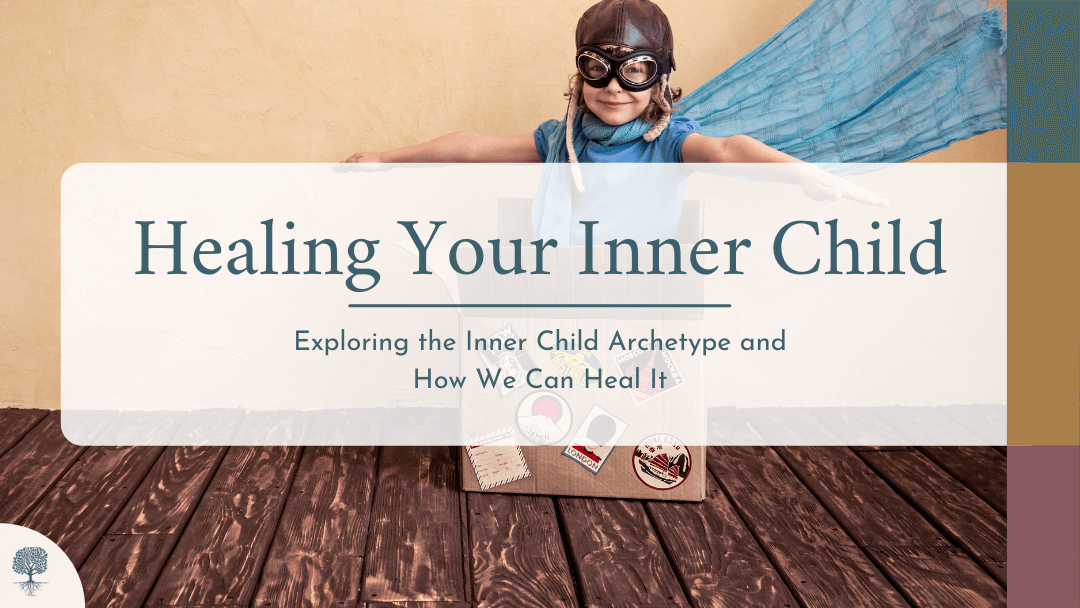





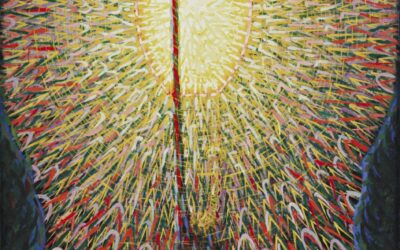
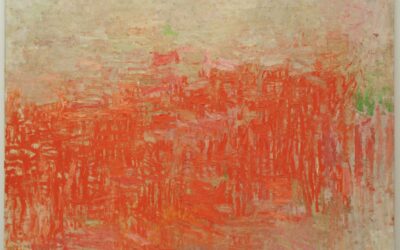
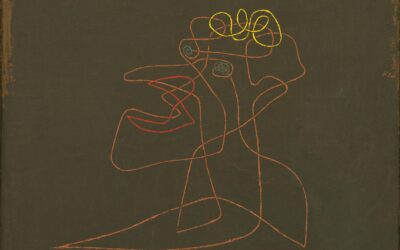

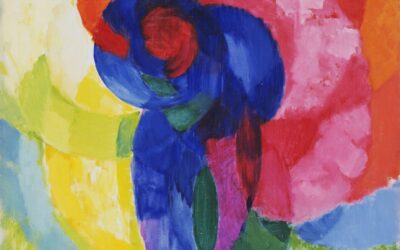
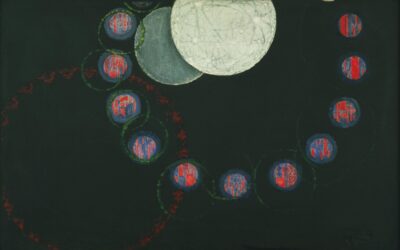
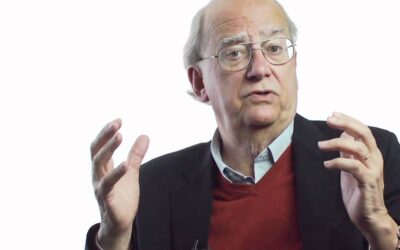
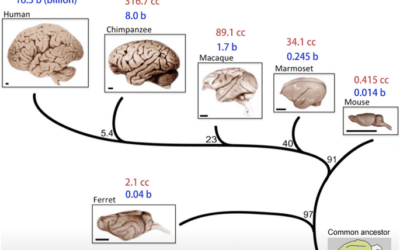

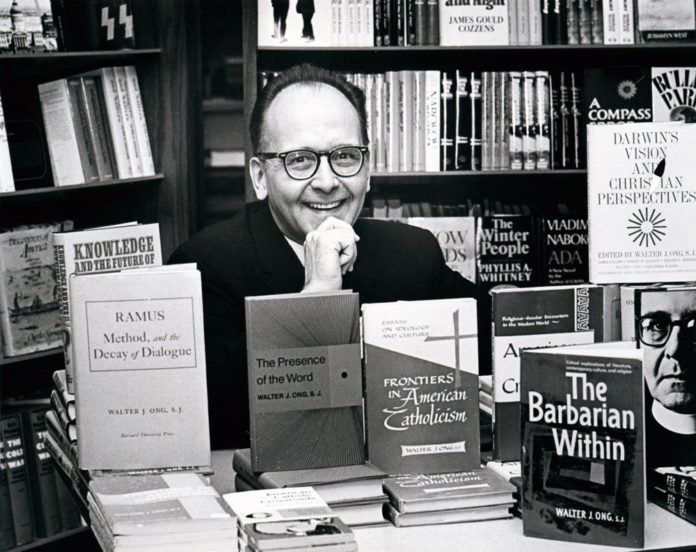
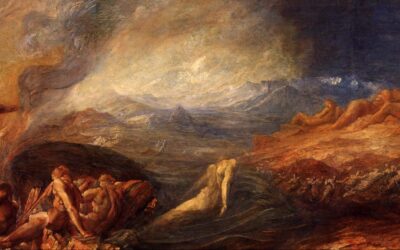
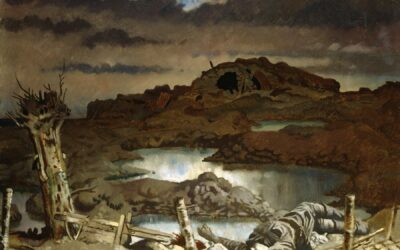
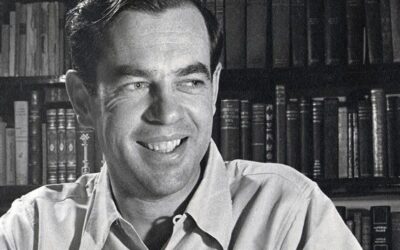
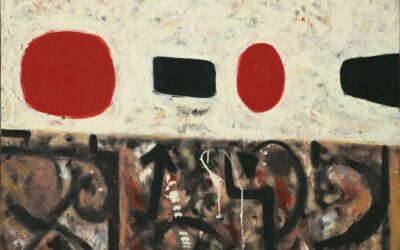



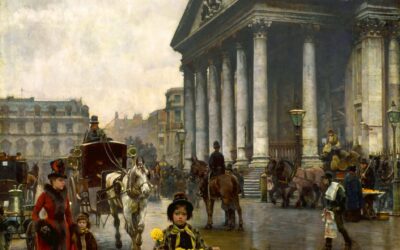

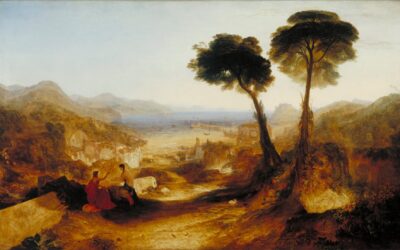
0 Comments